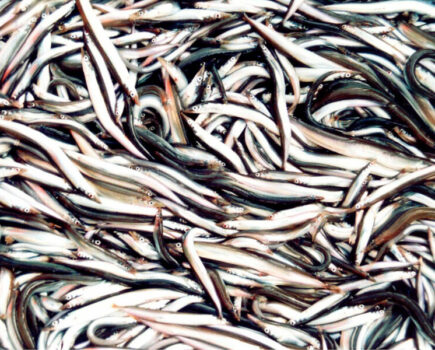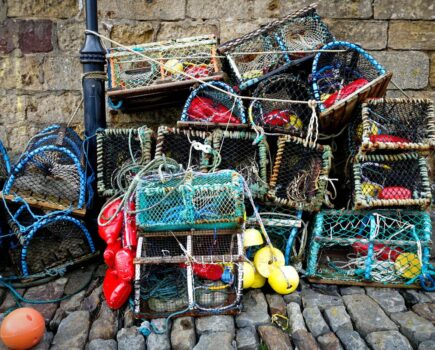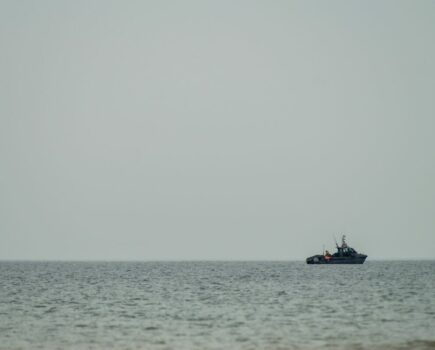Welsh fishermen will have to pay an annual fee to access their fishery from 1 March, 2023, the Welsh government confirmed last week, announcing the outcome of a consultation on whelk management in Welsh waters that closed on 1 November.
Any vessel fishing for, or retaining, whelks in Welsh waters from 1 March, 2022 will have to have a permit, and will also be required to submit each month details of catch and effort to an online portal developed by the Welsh government.
In addition to this, an annual TAC will be set, as well as monthly catch limits that will apply to all boats holding the new permit. Any vessel making a split trip, and fishing both inside and outside Welsh waters, will be deemed to have taken the entire catch of whelks onboard inside Welsh waters.
Confirming the introduction of the new measures, Welsh minister for rural affairs Lesley Griffiths said: “Today I am announcing the coming into force of the Whelk Fishing Permit (Wales) Order 2021. This order will, for the first time, introduce an adaptive management system for a non-quota stock in Wales to enable more timely interventions in response to changes in stock levels and the environment.
“The order will protect the whelk stock and the wider marine environment in the Welsh zone. As a result, it will ensure the sustainability of the fishery, so it continues to provide social and economic benefits to coastal communities in the future.
“I remain fully committed to introducing similar evidence-based flexible management regimes for a range of other stocks to safeguard the marine environment and the fishing industry in Wales.”
Commenting on the new order, Dyfed Davies, skipper of the Porthdinllaen-based whelker Steel Venture, told Fishing News: “Overall, the four or five vessels working here support the order, and if not some of the detail, certainly the thinking behind it.
“We have always here tried to look after our fisheries. I’m a great believer in improving values of our catches, and not just aiming at volume.
“We already as a group here operate voluntary pot limits in the fishery, and voluntary quotas. It makes much more sense, financially, and from a quality of life point of view, to fish less, but to catch more when we actually are fishing.
“Fifty tonnes a month seems high for inshore grounds, but as the order is adaptive and evidence-led, hopefully the system will become more refined as it progresses.”
This story was taken from the latest issue of Fishing News. For more up-to-date and in-depth reports on the UK and Irish commercial fishing sector, subscribe to Fishing News here or buy the latest single issue for just £3.30 here.








